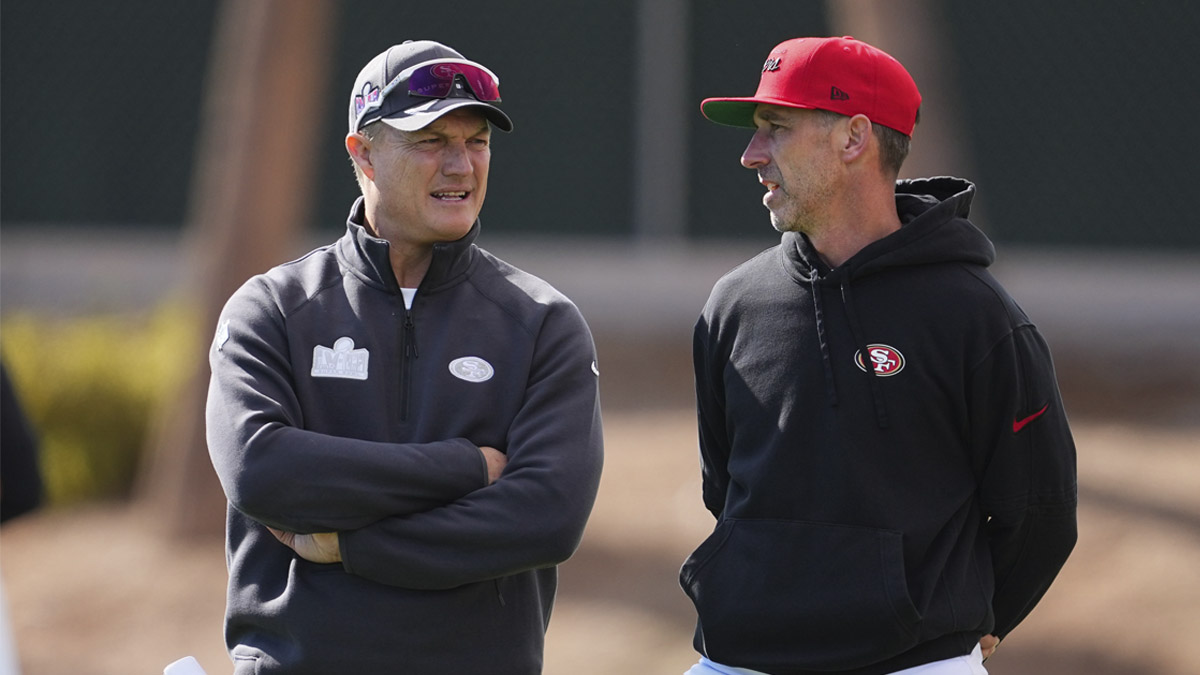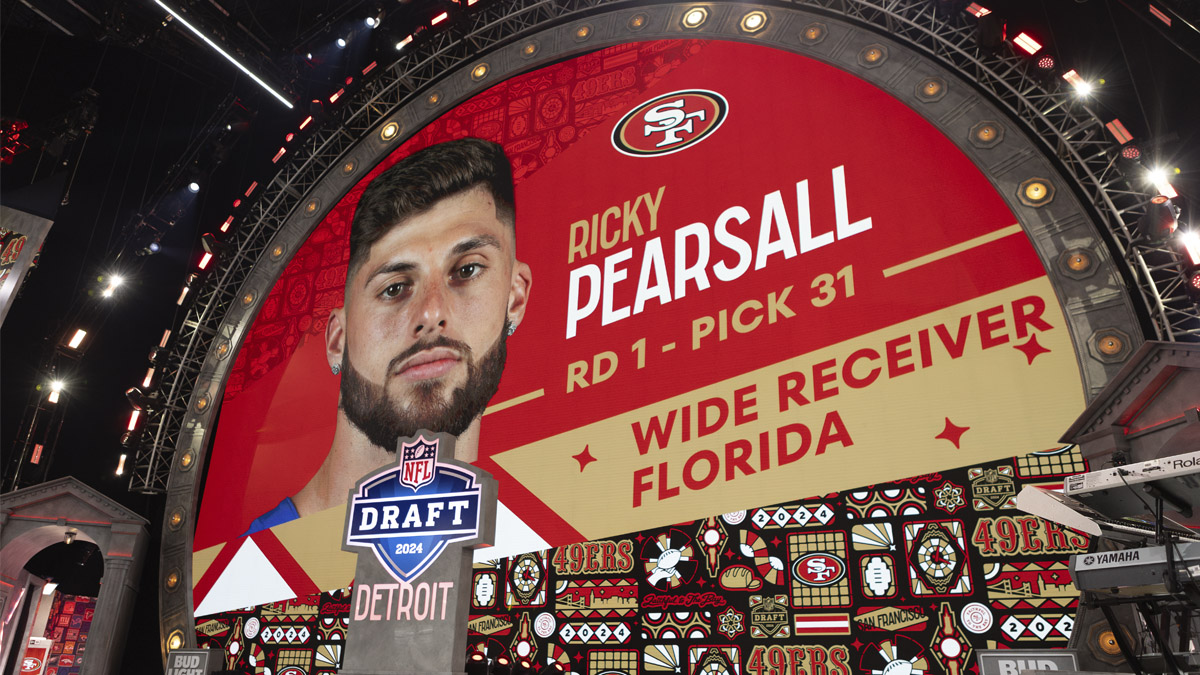
The turning point for Gary Plummer came after his former teammate and friend, Junior Seau, committed suicide in 2012.
Seau’s family was later informed the Hall of Famer’s brain showed abnormalities associated with chronic traumatic encephalopathy (CTE). Seau’s death sent shockwaves through the NFL, and it had a chilling effect on Plummer.
“I knew I was having some issues, but like a typical NFL guy, you think you’re still invincible,” Plummer said on The 49ers Insider Podcast.
Stay in the game with the latest updates on your beloved Bay Area and California sports teams! Sign up here for our All Access Daily newsletter.
“After Junior, my wife said, ‘Dude, you got to do something; I don’t want you to be the next Junior Seau.’ ”
Plummer, now 58, sought help and was diagnosed with the early stages of dementia after a career that spanned 15 professional seasons, including three years with the Oakland Invaders of the USFL.
Plummer played his final four seasons with the 49ers. He was two weeks shy of his 38th birthday when he played his final game -- a loss to the Green Bay Packers in the NFC Championship Game in January 1998.
In addition to experiencing memory problems in his post-NFL life, Plummer said he suffered from headaches for approximately 12 years and had not been able to sleep well in 10 to 15 years. Moreover, he has experienced severe anxiety for the first time.
San Francisco 49ers
Plummer enacted some changes in his lifestyle, such as practicing yoga, meditation, learning to play a musical instrument and spending countless hours gardening in the backyard of his San Diego home.
“I’m close to 75-percent better now,” Plummer said. “I wish more players understand early onset dementia is something that happens to us from the CTE, from all the concussions. Basically, what it’s doing is aging our brains faster than normal. So all these things I had been going through were accelerated by what I came to know after my career, in terms of the definition of concussions.”
A Grade 1 concussion is considered “mild.” It might consist of a person “seeing stars,” brief confusion and no loss of consciousness. But it is still a concussion with a potentially devastating cumulative effect.
“If you’re not getting at least 10 of those a game, as a middle linebacker in the NFL, that means you didn’t play that day,” Plummer said. “I played 250 games. So (with) at least 10 a game, that’s 2,500 concussions.”
Over time, Plummer said working his brain in different ways and creating new mental challenges and stimuli have dramatically improved his quality of life.
“It was not overnight, by any stretch of the imagination,” Plummer said. “It was a long, slow process. But it wasn’t a long, slow, arduous process. It’s not like it was difficult to go to yoga. It’s not like it was difficult to go outside and listen to classical music while gardening.
“But I felt myself not only getting better at the time I was doing those things, but it then became the cumulative effect of, ‘Hey, there’ve been a few days where I didn’t have a headache.’ Or, ‘There’ve been a few days where I’ve been able to sleep through the night.’ And those were momentous occasions for me. It’s been amazing that I literally feel like a new man.”
Plummer said he believes what has worked for him can work for others, too.
“I encourage anyone that knows any professional football player out there to let them know, ‘Don’t be a victim,’ ” Plummer said. “If I can have 2,500 concussions and come back from it. Guys that played the average of three years, so maybe they had 150 concussions, you can come back from it.”


